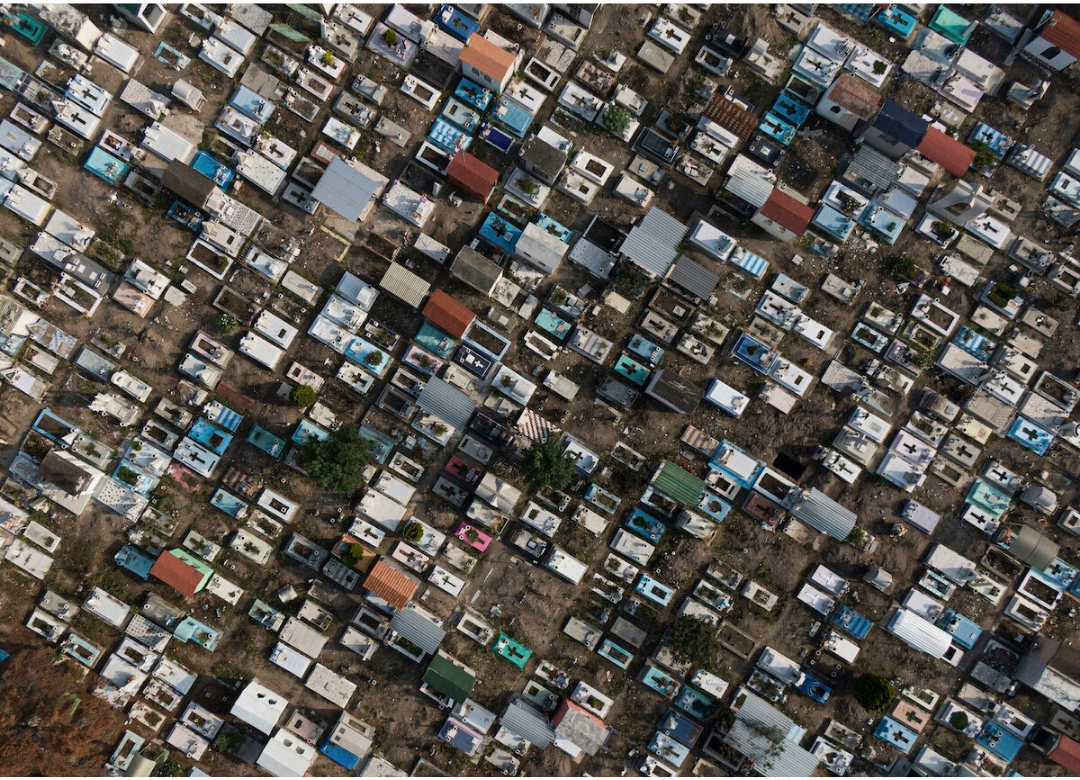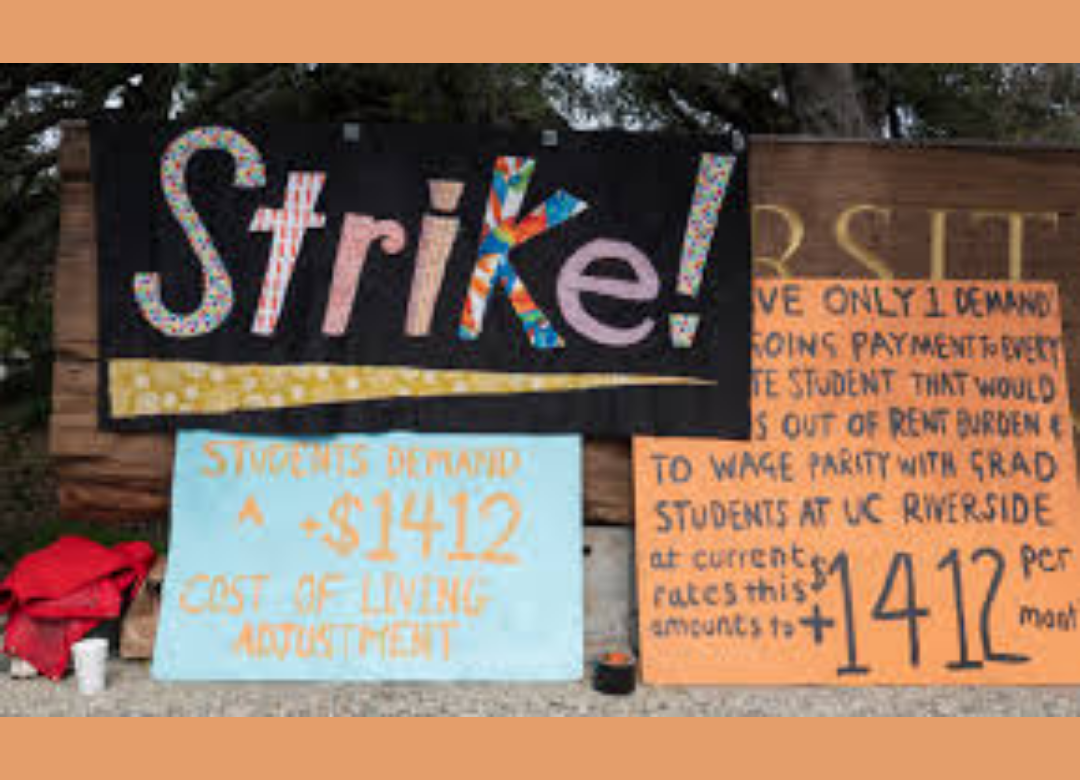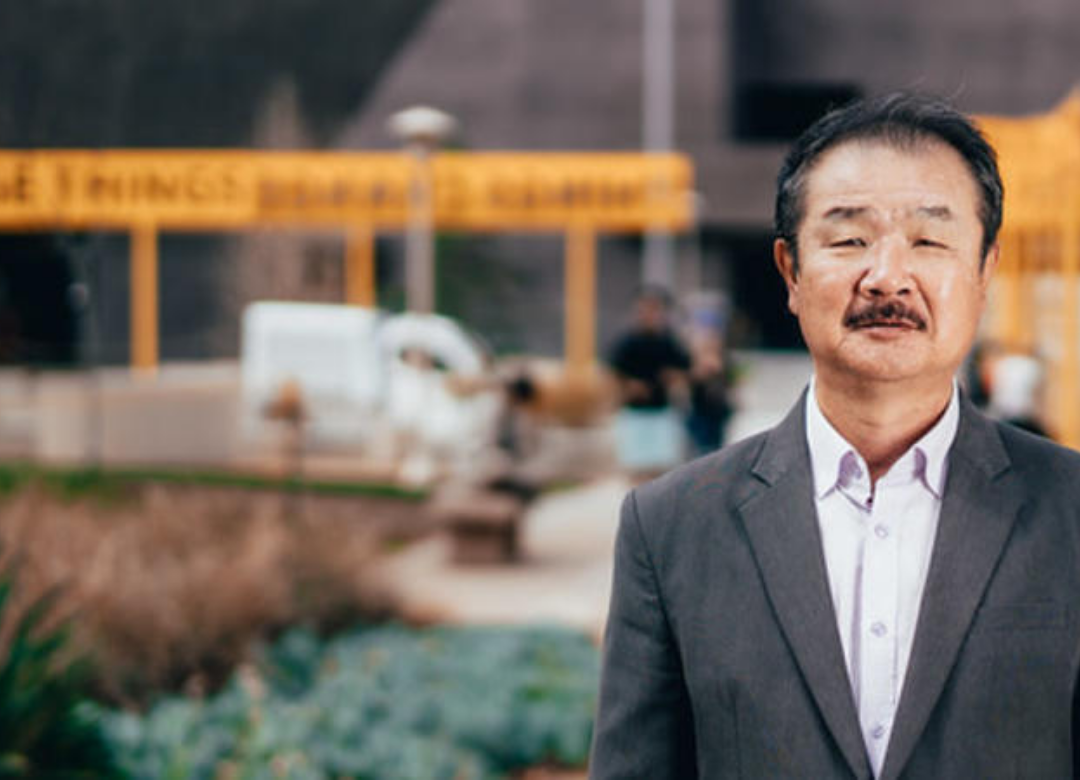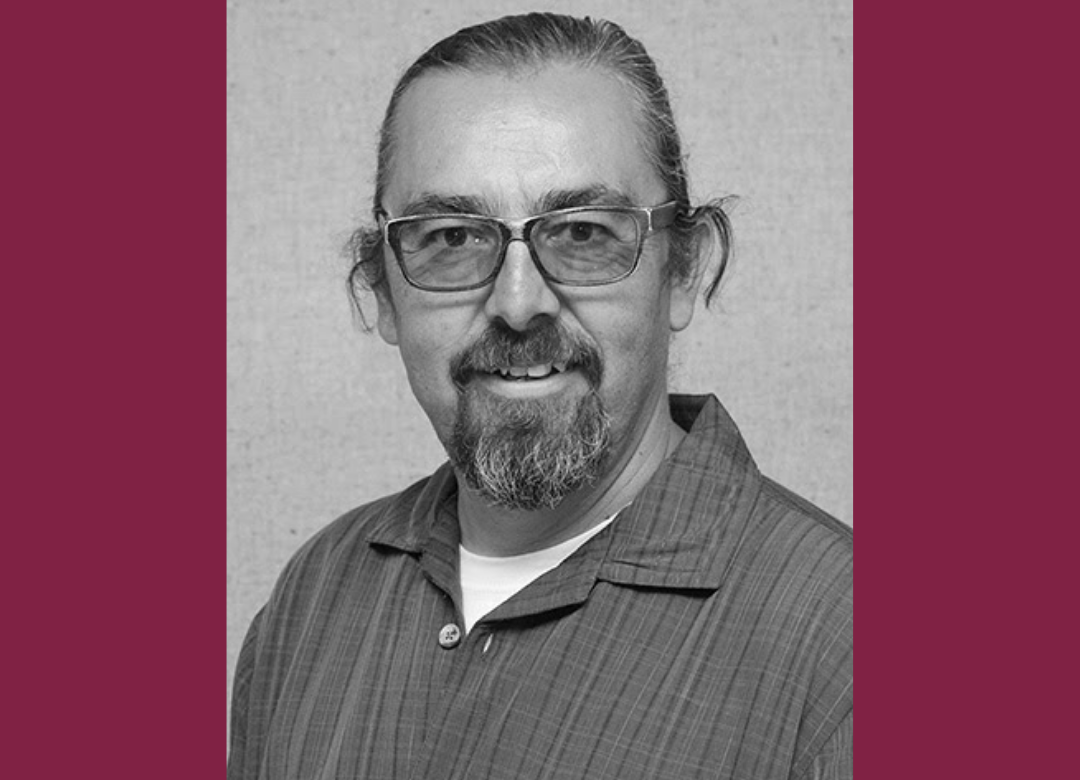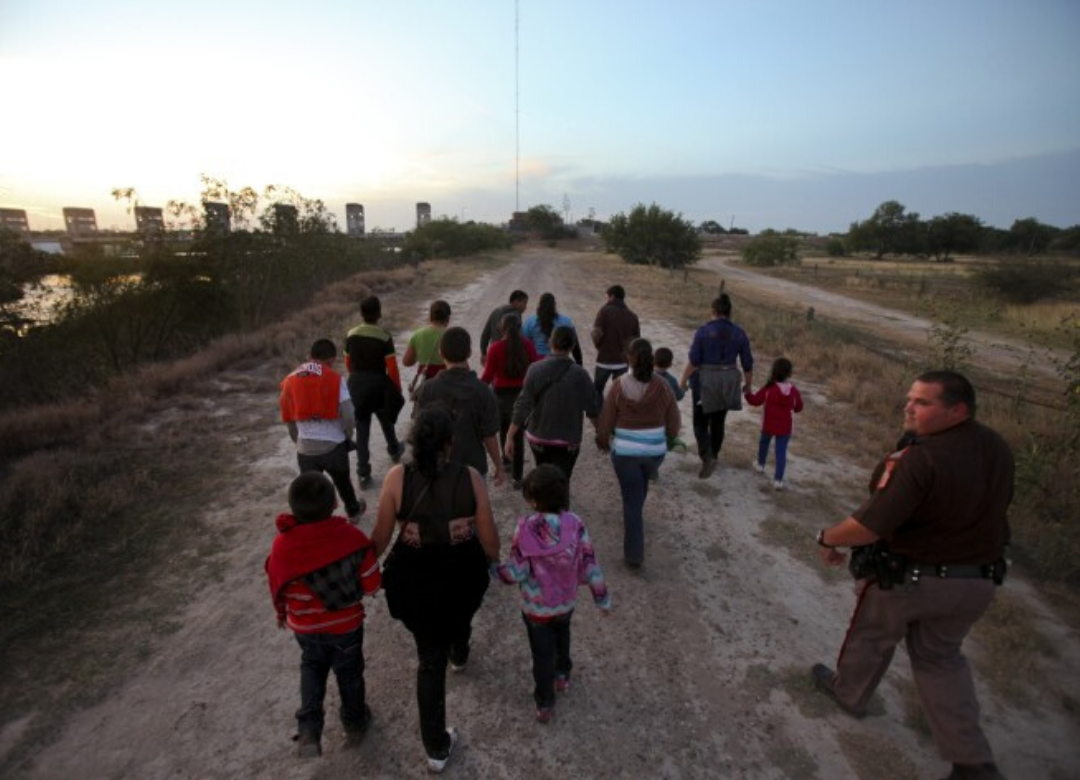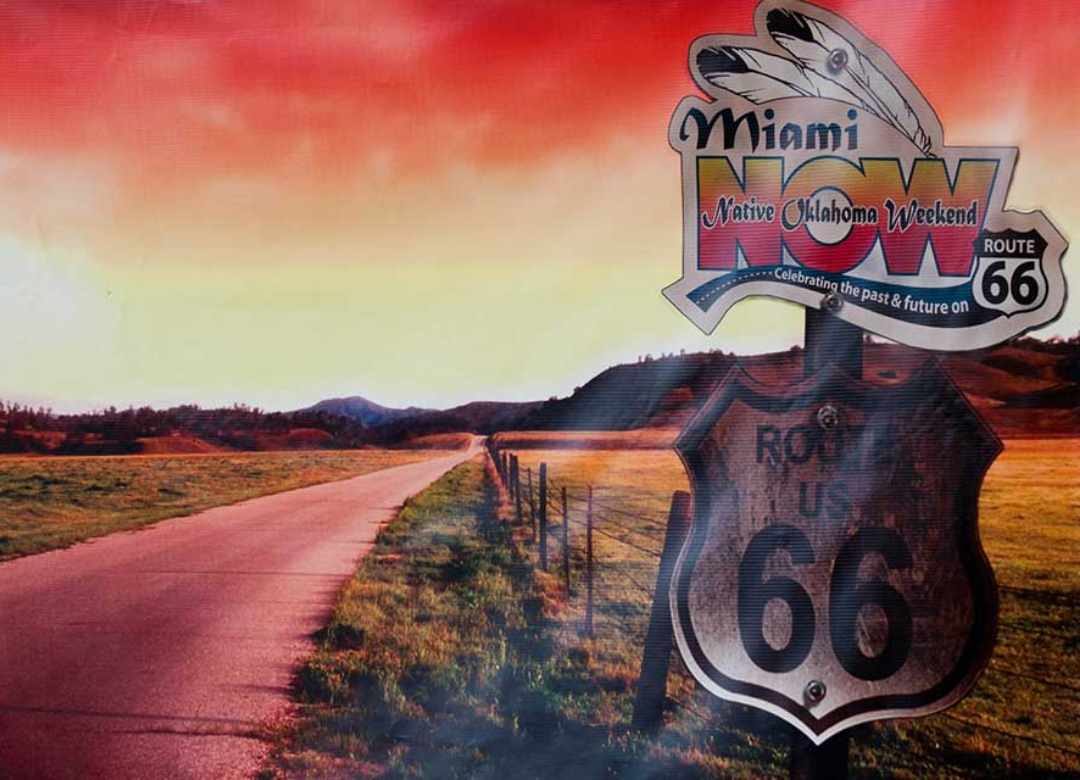From CHASS news:
At 18, UC Riverside Professor Edward Chang immigrated to the United States. He had two goals: To learn English and get an education. Decades later, Chang has been awarded the Order of Civil Merit, one of the highest medals from the Republic of Korea, for his academic research promoting Korean culture in both the U.S. and South Korea.
The Order of Civil Merit is the fourth-highest medal given by the South Korean government. It is an annual award based on the recipient’s extensive services in the areas of politics, society, economy, education, art, or science in the interest of promoting national development.
Chang, a professor of ethnic studies and founding director of UCR’s Young Oak Kim Center for Korean American Studies (YOK), received his award for his academic research of Riverside’s Pachappa Camp at a ceremony in San Bernardino’s Koreatown in October 2019.
Through research, Chang discovered that the Pachappa Camp on Cottage Street in Riverside was the first Korean settlement in the United States. The City of Riverside recognized the camp as its first point of cultural and historical interest in 2016 with a sign at the camp’s former location. Chang described it as one of the most important projects of his career.
“The Pachappa Camp was previously unknown until I published a book last year. No one knew of its existence, in Korea or the U.S…” Chang said. “I began to understand this is the first and largest Korean settlement at the time. It was a mecca of Korean independence and held sentiments of a family-based community…In a sense, it laid the groundwork for the early Korean-American immigrants.”
Chang’s project began with a Riverside map from 1905 which showed a Korean settlement. The area was founded by Korean independence activist Ahn Chang Ho. The community thrived, with job opportunities, religious services, and families with about 100 people calling it home until 1918. Chang and his research team confirmed the existence of the Pachappa Camp by collecting historical newspaper articles, a membership list from a local Korean church, and checking tombstones at a nearby cemetery.
Chang has also left a large impact on UCR’s campus by founding the Young Oak Kim Center for Korean American Studies in 2010. It was established for faculty and students to continue studying the culture and heritage of Korean-Americans.
Chang named the center after Young Oak Kim, who was a second-generation Korean-American who fought during World War 2 and the Korean War. Kim was a war hero who fought for the rights of minorities, women, orphans, and adoptees. Chang described Kim as a champion of civil rights who served as a role model for future generations.
“Working at the center helped me when I studied abroad in South Korea earlier this year,” said Jacqueline Aguirre De La O, a student intern at the YOK Center. “His research solidified my knowledge of Korean-American migration by moving away from the black-and-white binary, which I implement into my own courses in sociology.”
“Because of Professor Chang’s guidance and tutelage, I have really flourished and grown,” said Carol Park, YOK Center Administrative Assistant and Researcher. “Without his instruction and mentorship, I don’t think I would be where I am today. He is the kind of professor that most students dream to have.”
FEATURED PHOTO. Photo courtesy of Tanner Sebastian/CHASS Marketing & Communications.
Professor of Ethnic Studies Edward Chang celebrates his 2019 award for his research on Riverside’s Pachappa Camp, the first Korean settlement in the United States.




